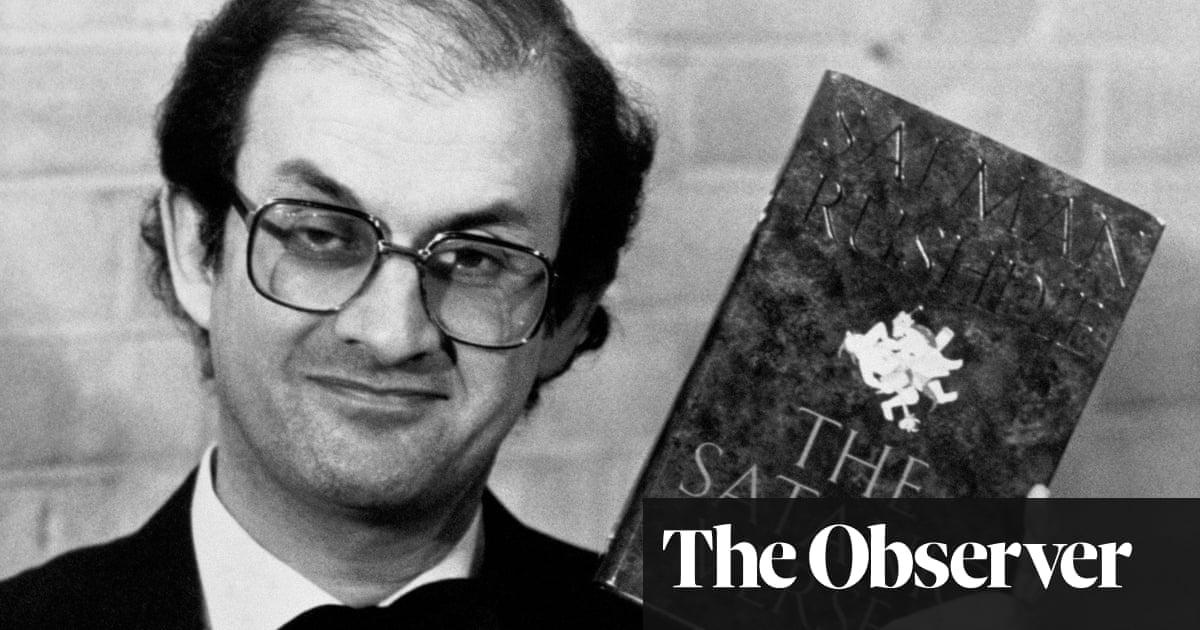
Show caption Salman Rushdie in February 1989, when the fatwa was issued on him over The Satanic Verses. Photograph: Adam Butler/PA Opinion The Observer view on the attack on Salman Rushdie being an attack on free expression The author’s courage to speak out while living under a fatwa for 30 years should be taken as an example by others Observer editorial Sun 14 Aug 2022 06.30 BST Share on Facebook
Share on Twitter
Share via Email
The right to dissent is fundamental to human development but, throughout history, writers and thinkers who have dared to challenge the orthodoxies of their time have faced persecution and violence. It takes extraordinary courage to persist in the face of mortal threats intended to intimidate, silence and terrorise.
For more than 30 years, Salman Rushdie has refused to be cowed by a fatwa calling for his assassination, issued in 1989 by the late supreme leader of Iran, Ayatollah Ruhollah Khomeini. The violent attack on Rushdie on Friday was not just a heinous attempt on the life of one of the world’s most insightful storytellers but an attack on the right to disagree, on liberal democracy and on freedom itself.
Even more shocking than the fatwa, issued when democracy looked ascendant, was the failure of democracy’s defenders to stand alongside Rushdie as he was forced into hiding for almost a decade and his associates were murdered by fanatics. Many so-called liberals, including senior British politicians, appeared more concerned to express sympathy with those he offended or to say why they disagreed with him than to unequivocally condemn those who called for his death or burned his novel The Satanic Verses in an attempt to get it banned in Britain.
When Rushdie was awarded a knighthood for services to literature 18 years later, some argued it was a grievous misstep, as if the offended should have the power of veto over the celebration of exquisite talent.
Rushdie has fiercely resisted attempts to define him through the threats to his life but he has become one of the most powerful champions of free expression in the face of the increasingly censorious cultures that have been allowed to flourish on the political right and left in countries such as the US and the UK. Even as people die fighting for their freedom in parts of the world, free expression rights are regarded by too many not as precious things to be defended against erosion, but to be taken for granted as won and banked.
Rushdie has paid a devastating price for his defence of free expression. Let this attempt on his life be what shocks complacent liberals out of their stupor. “The moment you declare a set of ideas to be immune from criticism, satire, derision, or contempt, freedom of thought becomes impossible,” he said in 2005. How right he was then, now, and always.
Do you have an opinion on the issues raised in this article? If you would like to submit a letter of up to 250 words to be considered for publication, email it to us at [email protected]







